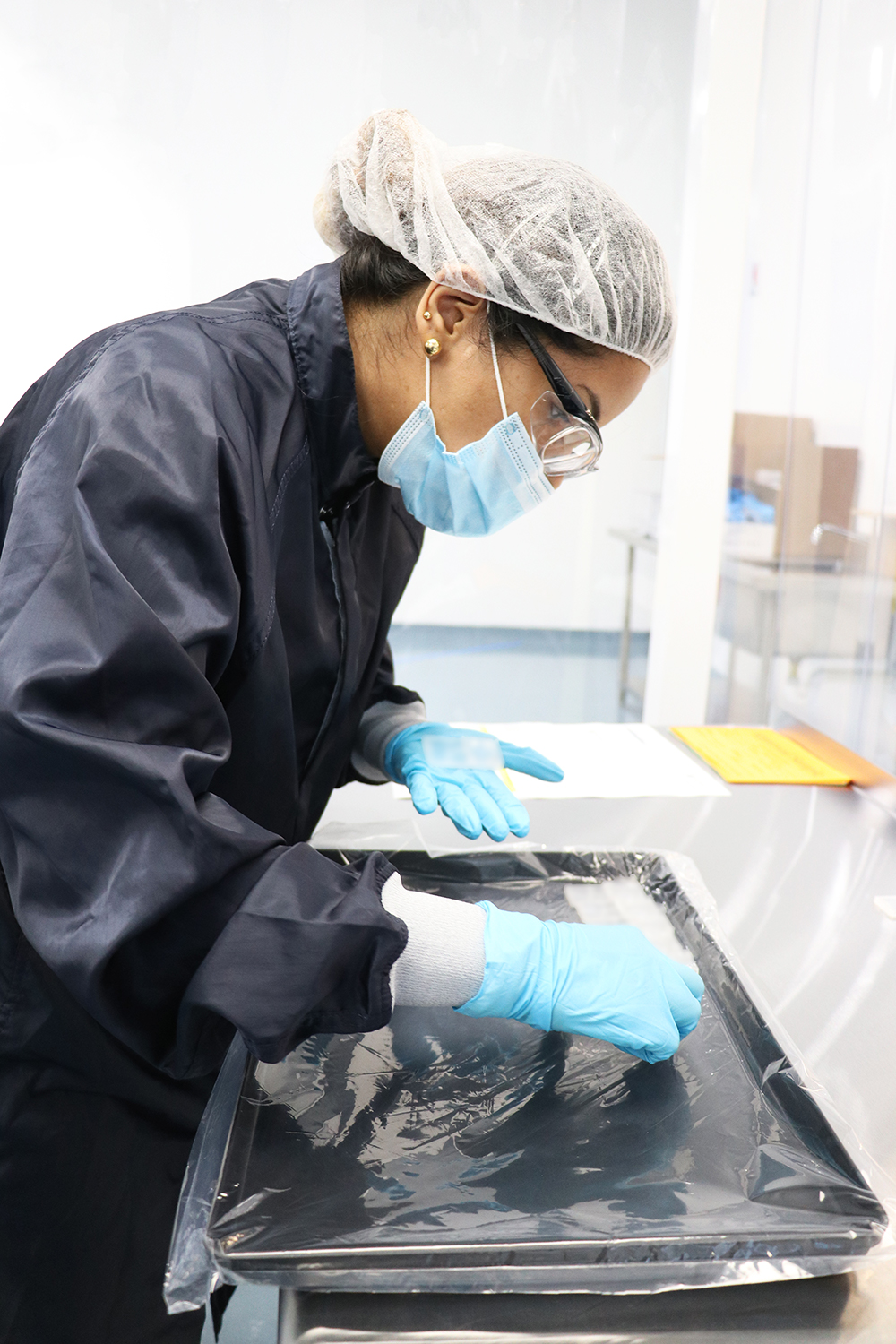
Why Work With an ISO 13485 Manufacturer?
An ISO 13485 certified manufacturer has a proven quality management system to monitor performance, eliminate uncertainty in your parts and part development, and improve overall processes.
Creating a life-critical medical device means that you want as few defects or nonconformities as possible. It’s no surprise that these medical products have strict regulatory requirements. When manufacturing medical devices, you want to sure your manufacturer is not only following your requirements but is continuously finding ways to improve their processes to improve efficiency and reduce your costs. To provide these quality products, you need a manufacturing partner that is ISO 13485 certified.

What is ISO 13485?
According to the International Standards Organization (ISO), “Safety and quality are non-negotiable in the medical devices industry, that’s why we developed ISO 13485.”
ISO 13485 is a set of strict regulatory requirements and was created to support medical device manufacturers when designing quality management systems (QMS). ISO aims to guarantee the quality, safety, and efficiency of products, services, and systems.
Organizations in the medical industry are expected to uphold best practices in all their processes and show commitment to their quality management systems. This internationally agreed standard lays the requirements for best practices in the medical devices industry.
What Does it Really Mean to be ISO 13485 certified?
Not all medical manufacturers are ISO13485-ceritfied. Achieving and maintaining an ISO 13485 certification is 100% voluntary. However, it takes dedication, commitment to quality and continual process improvements to be recognized by ISO as meeting the requirements for ISO 13485 certification.
Working with an ISO 13485 organization means you’re working with a credible medical supplier that will meet the demands of your end-product users.
Companies and organizations with this certification display dedication to quality for their customers and adhere to regulatory requirements that create safer medical devices.
ISO 13485 has more medical device requirements and greater documentation and safety requirements than other quality management systems, including ISO 9001. The standard decides whether an organization’s QMS is appropriate and effective and places importance on the safety and efficacy of medical devices.
Do I Need to Work with a Manufacturer who is ISO 13485 certified?
While you always need to do independent outreach and research, in general, if you are producing and distributing medical devices, it is always best to use a manufacturer with an ISO 13485 certification. For some products and applications, certification is an official requirement.
While some manufacturers may be implementing systems within the ISO 13485 standard, this does not necessarily mean they have gone through the certification process, and therefore, they are not being audited or held accountable to those standards. Manufacturers with the ISO 13485 certification are independently audited on a regular basis to ensure they are adhering to regulations and continuing to product quality medical devices.

What does ISO 13485 enforce?
Looking more closely, there are processes that an organization must uphold to meet the requirements of this ISO standard. This involves but is not limited to:
- Management Responsibility
- Increased focus on regulatory requirements
- Documented procedures for management review
- Resource Management
- Preventing product mix-up
- Information systems infrastructure
- Requirements for work environment, contamination controls for sterile medical devices
- Product Realization
- Risk management
- Requirements for storage, handling, distribution, and traceability
- Design and development files
- Production and service provision
- Measurement, Analysis, and Improvement
- Monitoring and measuring
- Controlling a non-conforming product
- Analysis of data
What are the Benefits of ISO 13485?
The ISO 13485 standard improves efficiency and cuts costs in the long run. By working with an ISO 13485 certified contract manufacturer, you can expect to:
1. Improve Overall Performance and Processes. Using the ISO 13485 process approach, it’s easy to find areas of improvement, which help increase efficiency and your savings.
2. Improve Decision-Making. ISO 13485 uses facts and data to spearhead decisions that coincide with the company’s values and goals. Improved decision-making also helps to eliminate uncertainty and ambiguity in processes.
3. Improve Satisfaction with Your Product. The ISO 13485 standard aims to create a continual improvement culture. This standard encourages organizations to always find ways to improve processes and provide high quality products and services.
What Natech Offers
The Natech quality systems include the ISO 13485 and ISO 9001 Quality Systems that enforce ongoing, repeatable and reliable processes. Additionally, Natech is also an FDA-registered medical device establishment.
Natech received the ISO 13485 certification in 2019 for the design and manufacture of applications with custom injection molded plastic parts for use in the medical industry. Since ISO 13485 puts significance on risk management, we make life better for our customers by accounting for risks and clearly communicating them.
If quality is critical to your product, and your application includes custom injection molded plastics, schedule time with one of our engineers to kick off your medical device.